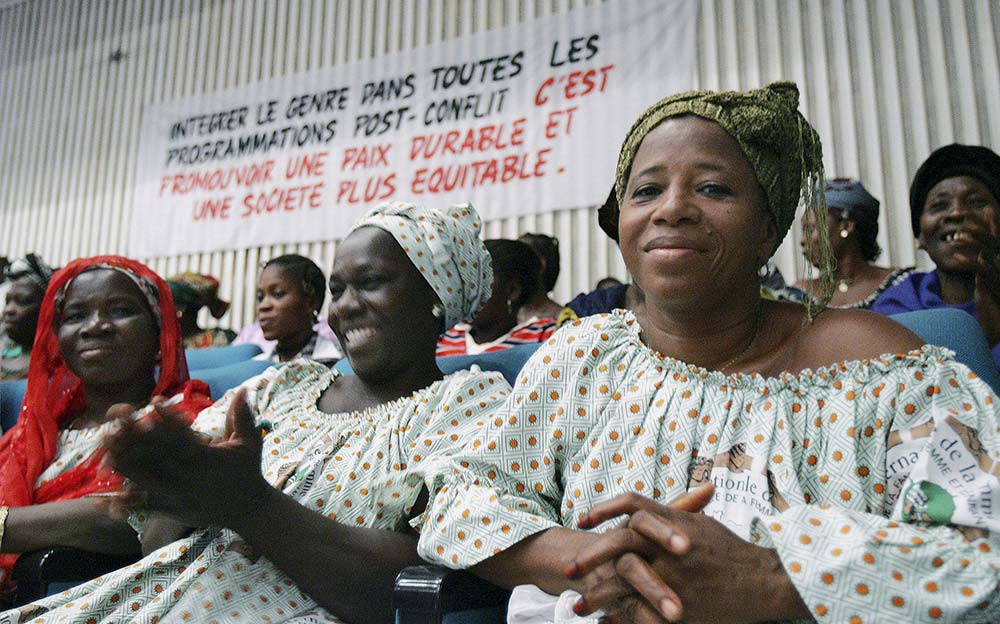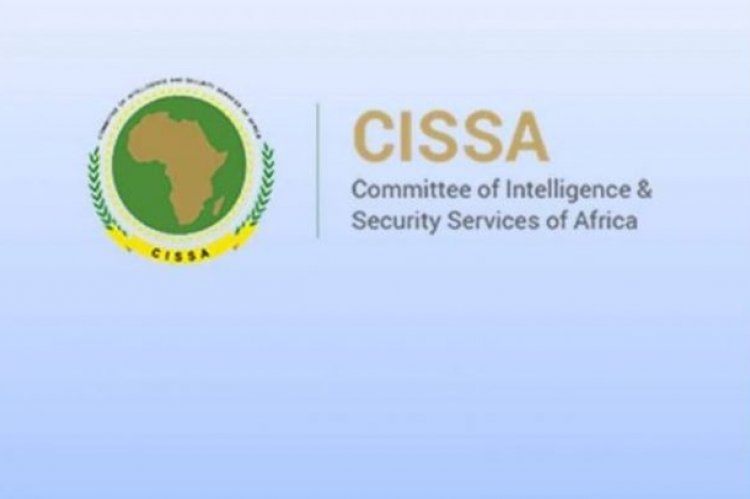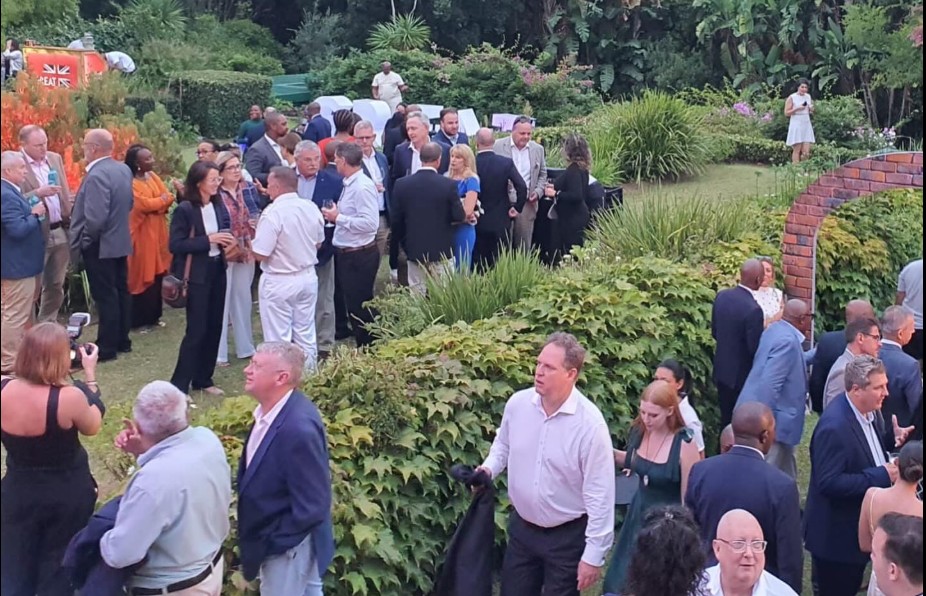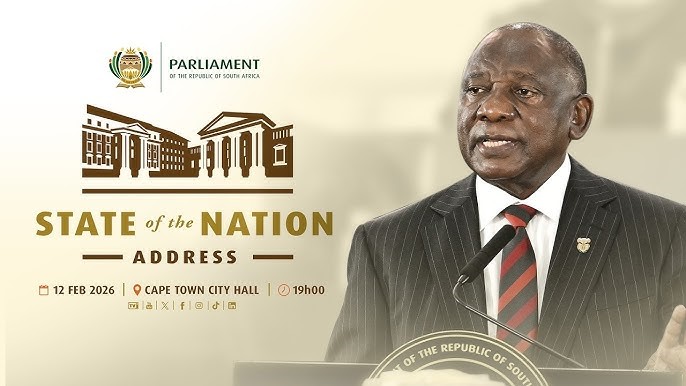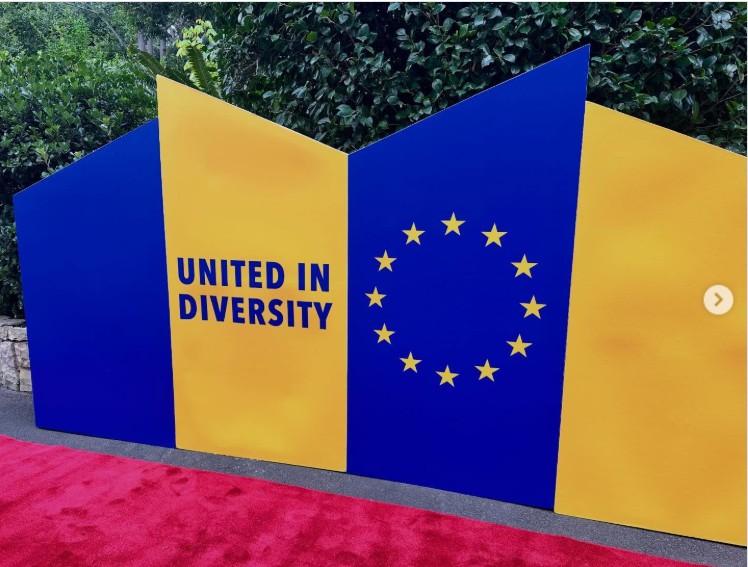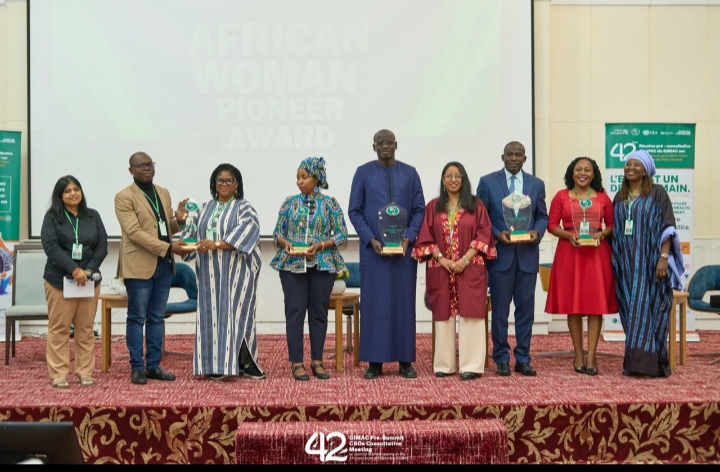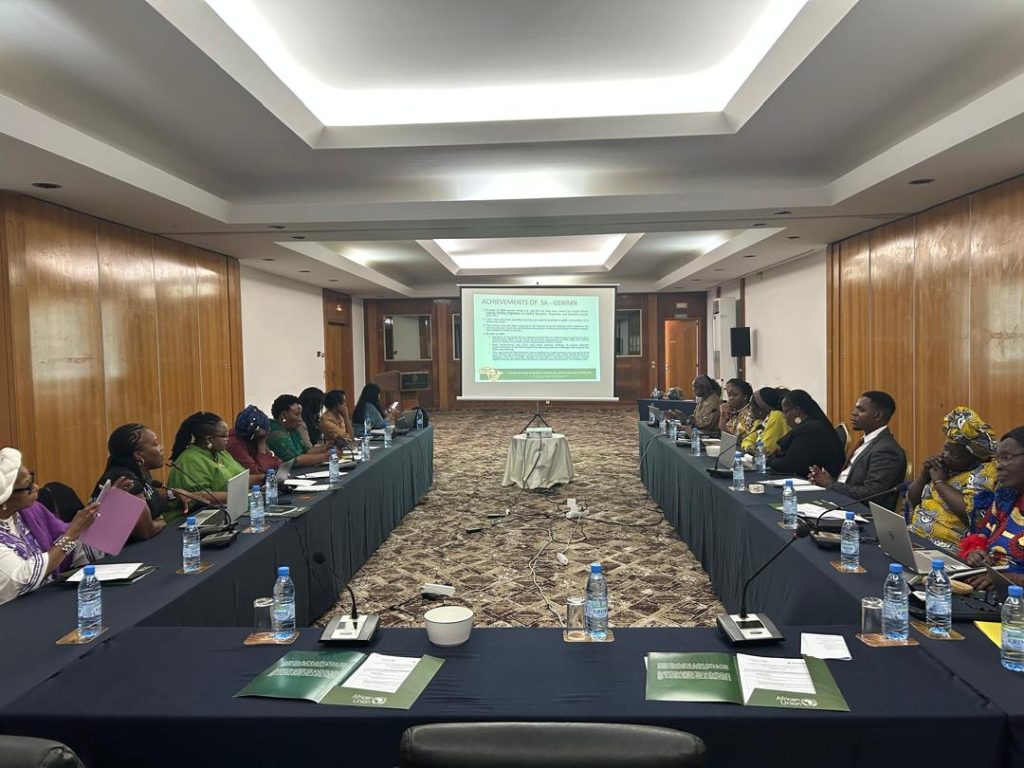Understanding the gendered dimension of conflict is essential if peacekeeping and peacebuilding operations are to succeed in the long-term. Gender mainstreaming in peacekeeping environments involves identifying the various impacts of conflict on the lives of women and men and on that basis proposing practical solutions to respond to the specific rights and needs of all. To achieve this grand objective, there is a need for consultative and collaborative approaches among the different mission components and the gender docket in the mission. This will integrate gender in planning and executing the mission mandate.
ACCORD/TfP participated in a gender advisor course in Sandö, Sweden from 22-27 November, 2015 to further strengthen its capacity to support gender mainstreaming in its processes as it continues to build capacities for peace operations in Africa. The course brought together gender advisors and gender focal points serving in peace missions around the world, gender practitioners and a number of gender, peace and security experts.
The following modules constituted the gender course: Gender advising, Gender analysis, Advocacy and communication; Gender mainstreaming; Handling resistance by discussing constructive strategies to overcome resistance; Building strategic partnerships and identifying values and risks related to partnership-building with different stakeholders; Developing elements of a multi-sectoral partnership strategy to support gender mainstreaming; Gender training; Designing a training strategy for different audiences and identifying entry points for strengthening links between gender training and transformation. Other themes covered in the course were the application of gender sensitive indicators and gender sensitive reporting. The discussions highlighted that gender advisors and focal points should be understood as facilitators, catalysts and advisors, who are often expected to implement the gender programmes in the mission, contrary to their role of advising. The course led to strengthened understanding of and application of gender in the different contexts of peace operations. This was further reinforced by the experiences of the gender advisors and gender focal points who participated in the course. The course used a participatory and exercise-based approach further drawing from the experiences of the participants. The sessions were organised in order to take into account the experience and knowledge of the participants by stimulating their active intervention in the analysis of case studies (individual and group activities), discussion of research findings and focused debates.
More and more, peacekeeping operations are being tasked to protect civilian populations affected and traumatised by armed conflict, in particular women and children. This is an expectation of UNSCR 1325 and UNSCR 1820 that puts an emphasis on the prevention of sexual violence, sexual exploitation and abuses in the mission environment as well as strengthening women’s agency in decision making on peace and security processes. Among the objectives of the TfP Programme is supporting the implementation of UNSCR 1325 and UNSCR 1820 in Africa by ensuring that gender is mainstreamed in all training activities, all policy and research initiatives it undertakes. The skills and knowledge gained from this training will further contribute to realising this objective leading to more gender sensitive peacekeeping programming in Africa.
The Training for Peace Programme at ACCORD is an initiative funded by the Norwegian Ministry of Foreign Affairs.

